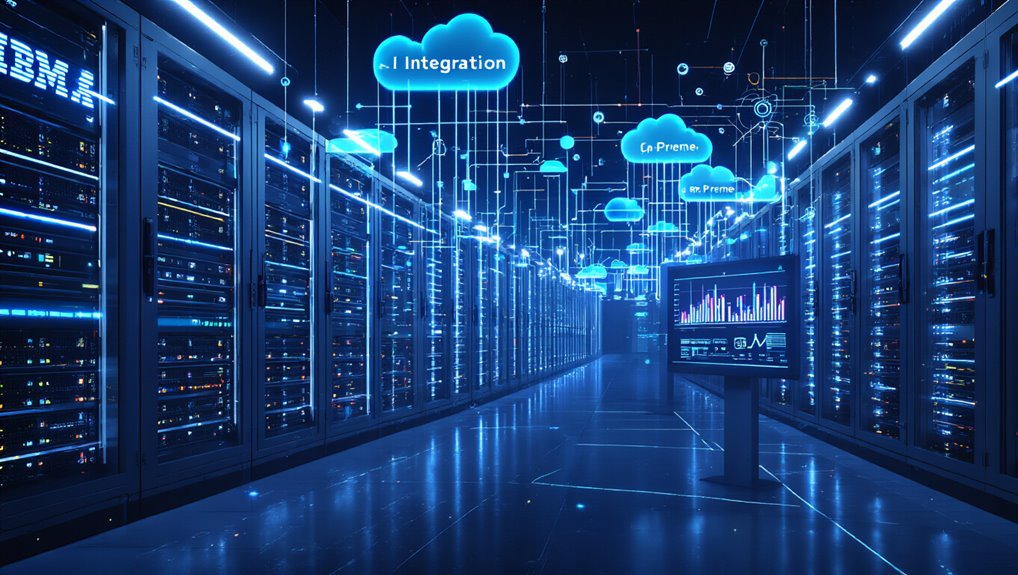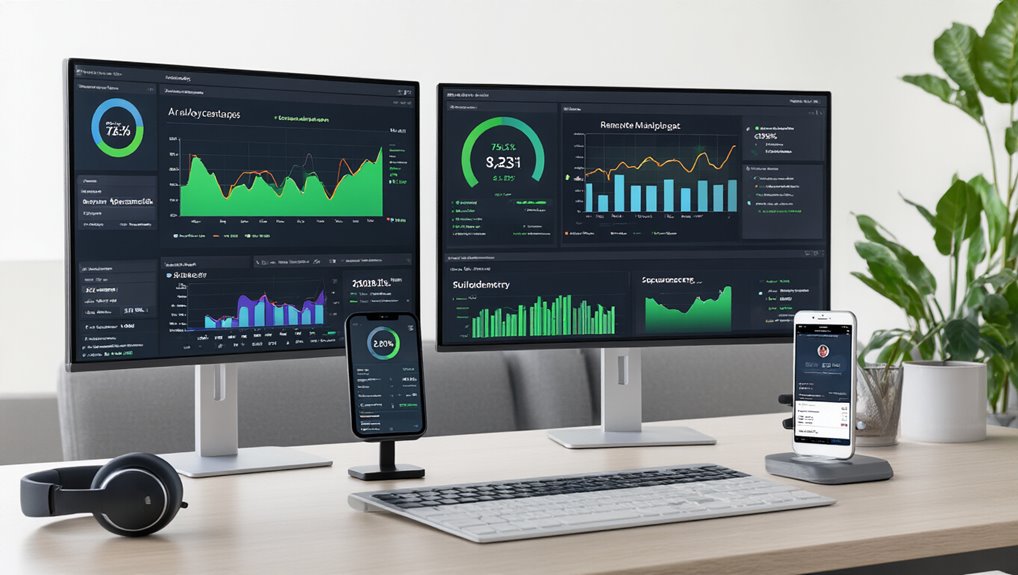Releasing business potential begins with the strategic deployment of private APIs across enterprise ecosystems. These specialized interfaces provide organizations with secure gateways to valuable internal systems and data, enabling controlled access for trusted partners and applications.
Unlike public APIs, private interfaces markedly reduce exposure risk through built-in governance mechanisms that protect sensitive information while facilitating integration. This balance of security and functionality creates the foundation for innovation without compromising corporate assets.
The economic impact of API implementation cannot be overstated. With projections indicating APIs will contribute $14.2 trillion to the global economy by 2027—surpassing the GDP of major nations like the UK—organizations must recognize their strategic importance.
Private APIs specifically enable businesses to participate in this growth while maintaining essential security protocols. Private APIs serve as a critical element in API monetization strategies that generate new revenue streams through controlled access to valuable services. Organizations implementing private APIs have experienced 24% higher success rates in their digital initiatives compared to those without strategic API integration. You can leverage these interfaces to automate core business processes, reducing human error and increasing operational efficiency in critical areas like inventory management, transaction processing, and customer service delivery.
Private APIs accelerate innovation by allowing developers to focus on creating unique value rather than rebuilding foundational components. Your teams can construct applications modularly, combining existing services with new capabilities to launch products faster and gain competitive advantages. These interfaces act as connective tissue between disparate systems, creating more cohesive operations throughout your organization.
Consider these benefits:
- Development time reduction of 60-70% through resource reuse
- Decreased operational costs from streamlined integration
- Enhanced security through controlled data exposure
Industries across sectors—from healthcare to finance and retail—are embracing private APIs as central components of their digital transformation initiatives. The controlled nature of these interfaces makes them particularly valuable in regulated environments where data protection is paramount.
By 2023, organizations will spend approximately $6.8 billion on API-driven transformation efforts, demonstrating the shift from viewing APIs as optional to essential infrastructure.
Private APIs ultimately create the secure foundation needed for personalized customer experiences, innovative business models, and ecosystem expansion—all while maintaining the governance and protection modern enterprises require.









